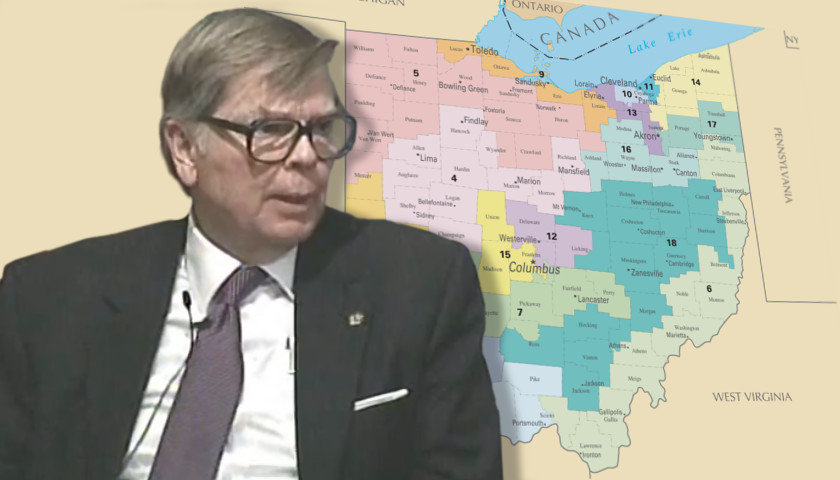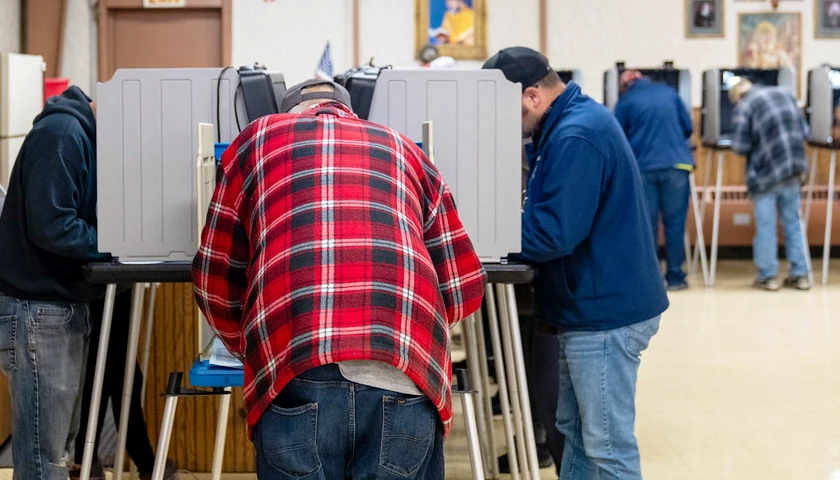A week into a trial that will determine if the Ohio congressional districts will be redrawn before the 2020 presidential election, Ohio Republicans have the opportunity to defend their map.
Monday, attorneys representing the Ohio Republicans began calling witnesses to testify that the current congressional map of Ohio was made in good faith and was not gerrymandered. The case, Ohio A. Philip Randolph Institute v. Householder was filed on May 23rd, 2018. Per the Brennan Center:
The Ohio A. Philip Randolph Institute, the League of Women Voters of Ohio, and a group of Ohio residents filed suit contenting Ohio’s 2011 congressional map is an unconstitutional partisan gerrymander that violates the First and Fourteenth Amendment and Article I of the U.S. Constitution. The plaintiffs argue the map was intentionally designed to give Republicans an 12-4 advantage and entrench their power over the course of the decade. This skewed partisan advantage, the suit argues, prevents large segments of Ohio’s voters from having their votes meaningfully reflected in their congressional delegation.
In the suit, the referred to the current map as “the most egregious gerrymanders in recent history.” The current district map was drawn by the Republican party in 2011, the majority party at the time.
On May 8th, Ohioans were asked to vote on Issue 1, a ballot initiative that would reform state congressional redistricting in the hope of combating the practice of gerrymandering. As previously reported, “Historically, the majority party oversees the redistricting process. Starting after 2020 consensus, there will be a bipartisan committee that will redistrict Ohio in a manner which could extensively reshape politics statewide.” The lawsuit, if won, would accelerate this process to occurring before the 2020 election. Several Ohio Republican legislators have made attempts to have the case thrown out, to no avail.
Former Ohio Republican Speaker of the House William Batchelder was one of the first Republicans to take the stand, stating the map was made with Democrats and Democratic black caucus members.
Per USNews & World Report, “he disagreed with the plaintiffs’ accusations that the Republican-controlled process focused on building the GOP advantage over objections.”
“That was not my premise,” he said. He acknowledged that then-U.S. House Speaker John Boehner, R-West Chester, kept in touch with him during the Ohio remapping. Boehner is listed as potential witness in the trial.
Batchelder said legislators on both sides agreed early on with each party losing one seat after population shifts in the 2010 U.S. Census caused Ohio to lose two congressional seats.
Former U.S. Speaker of the House John Boehner, a native of West Chester, Ohio is also expected to testify.
– – –
Andrew Shirley is a reporter at The Ohio Star and Battleground State News.





